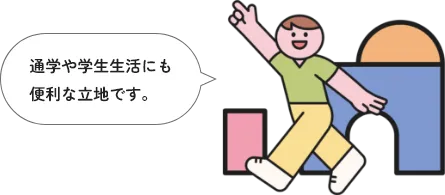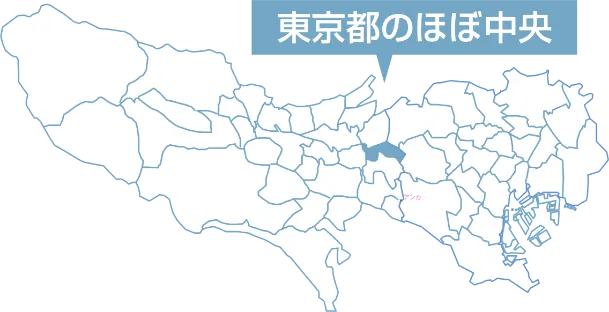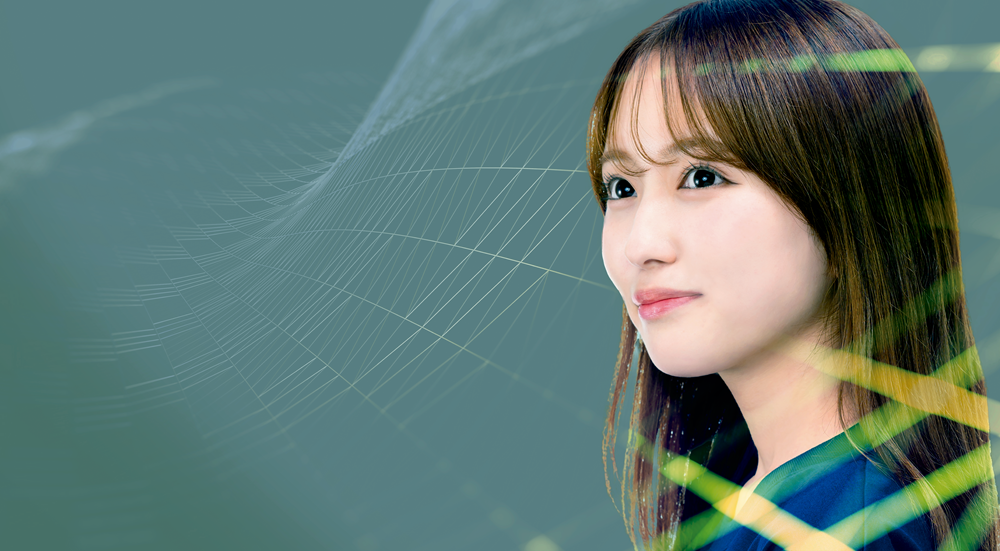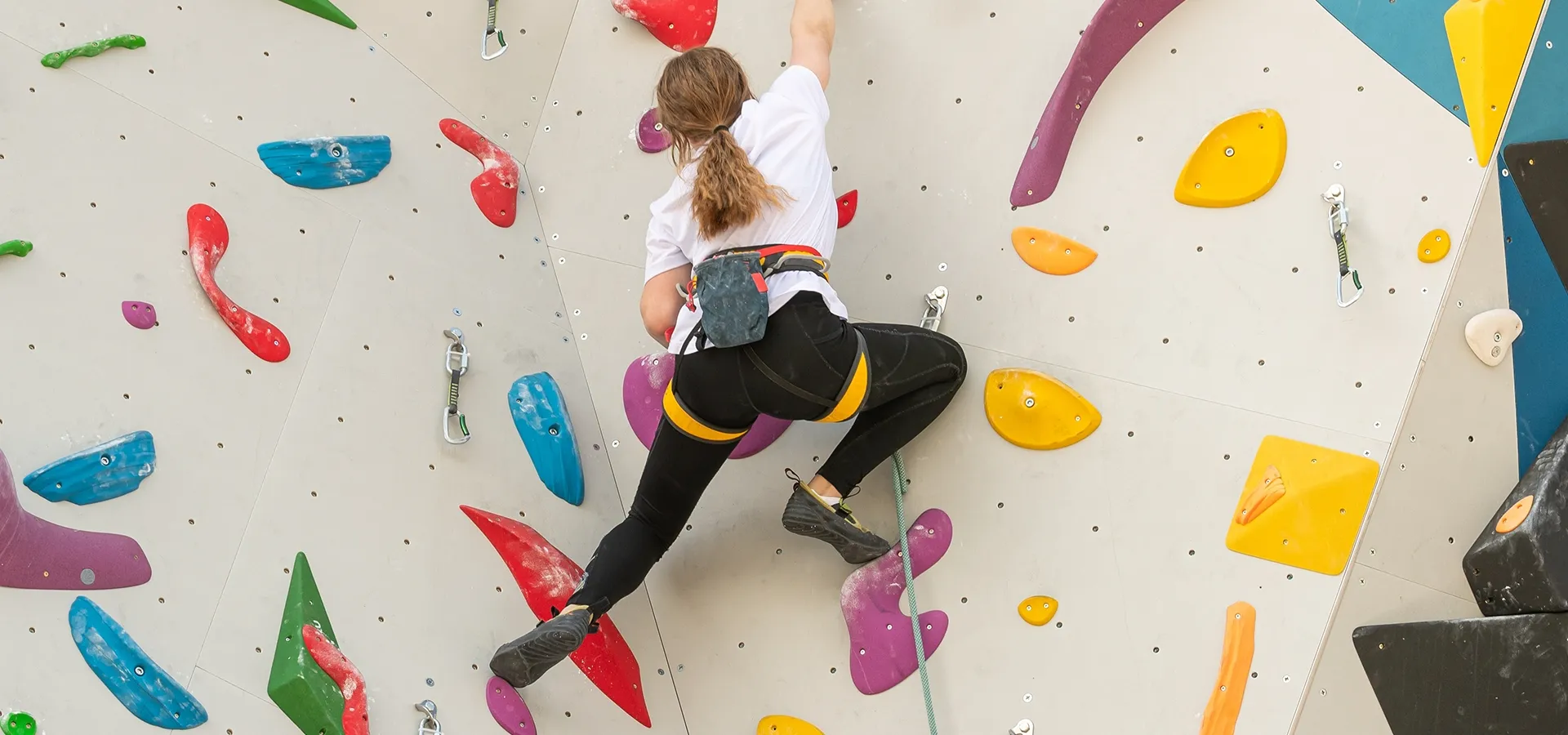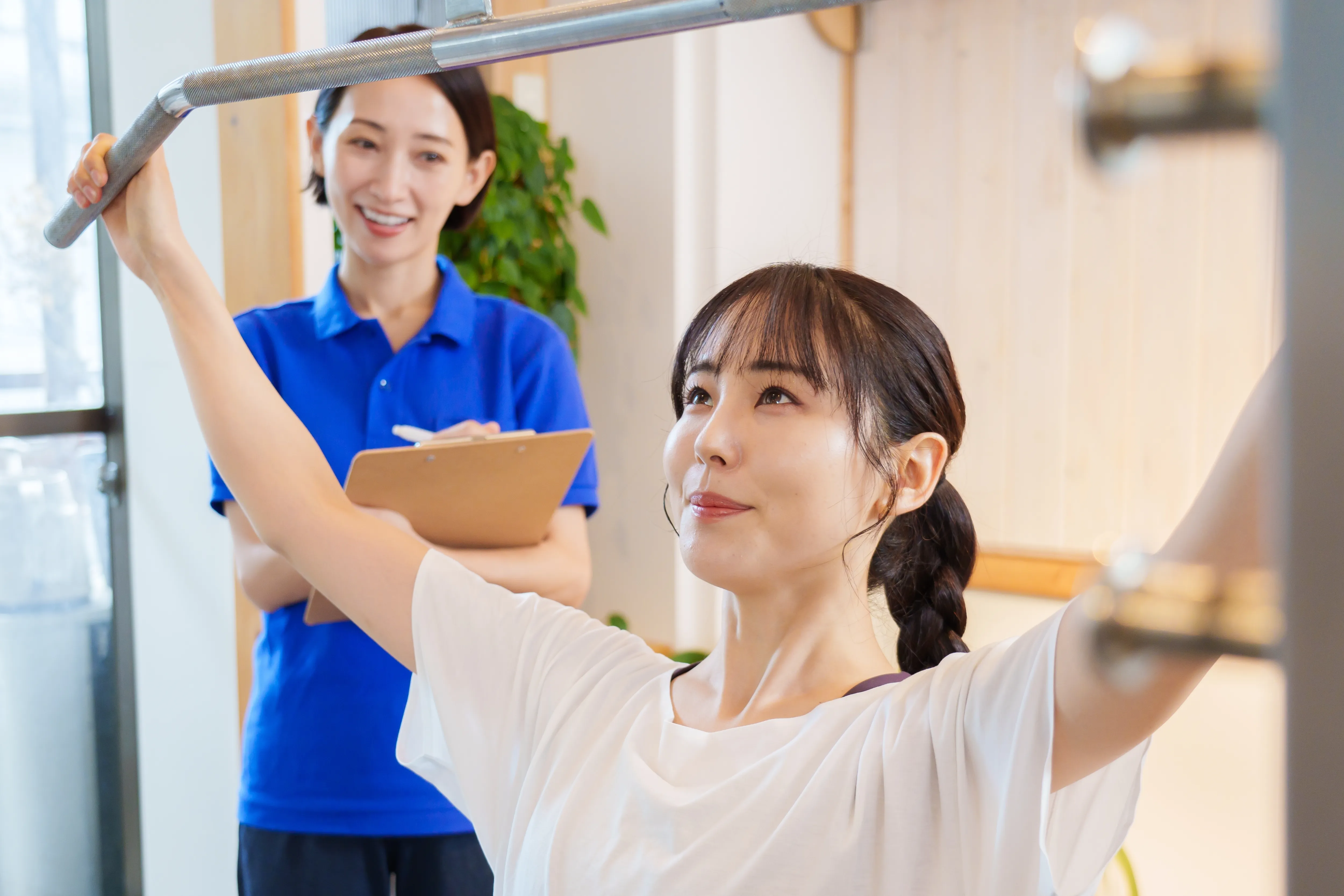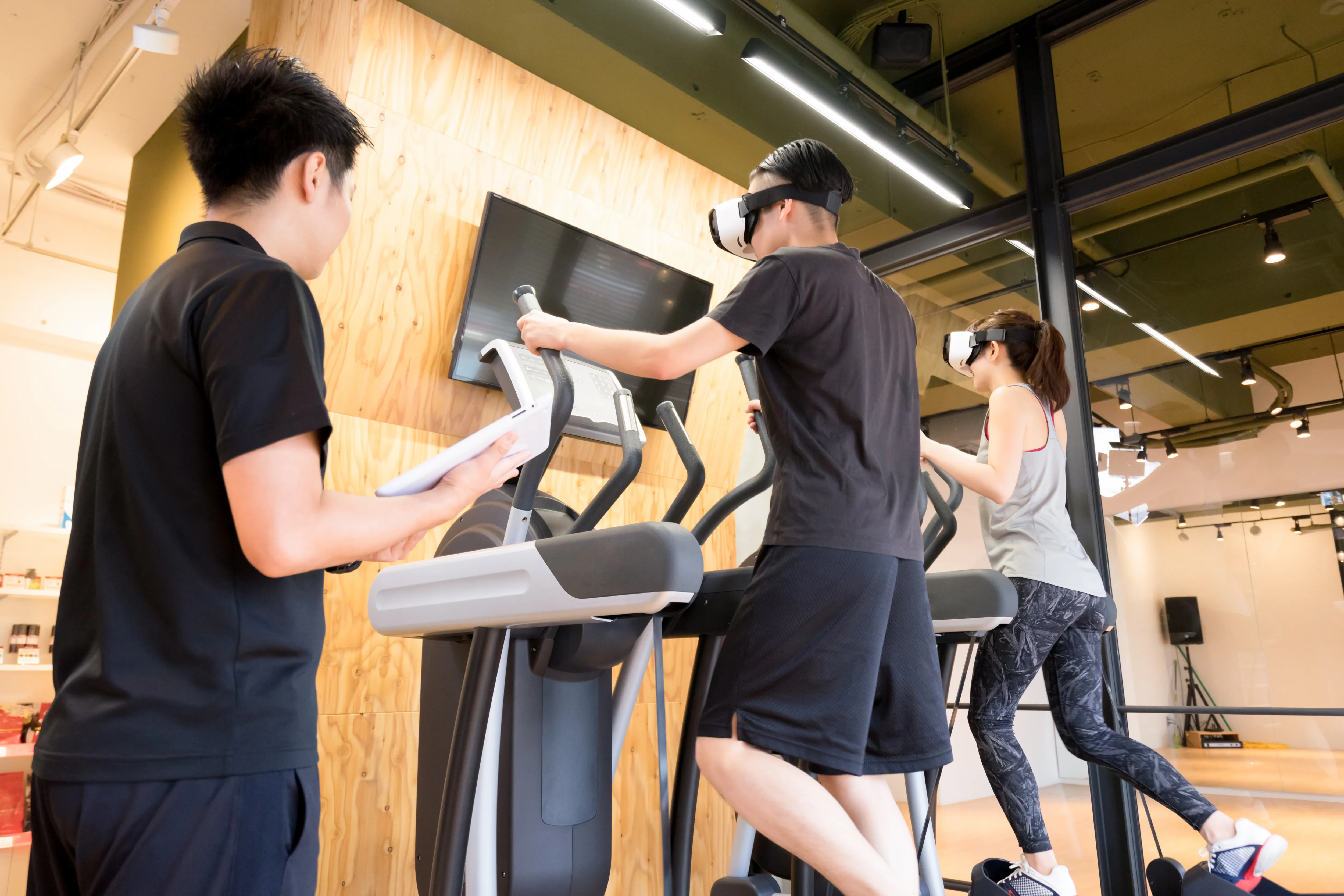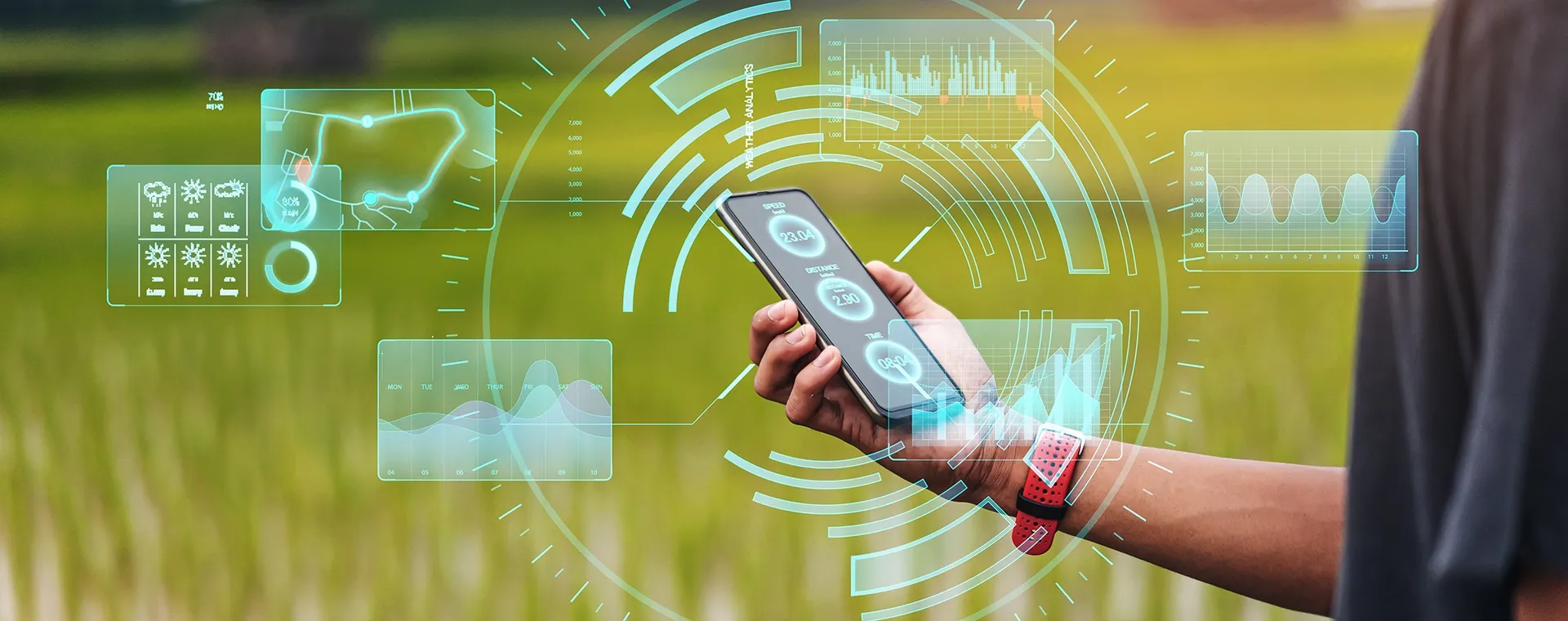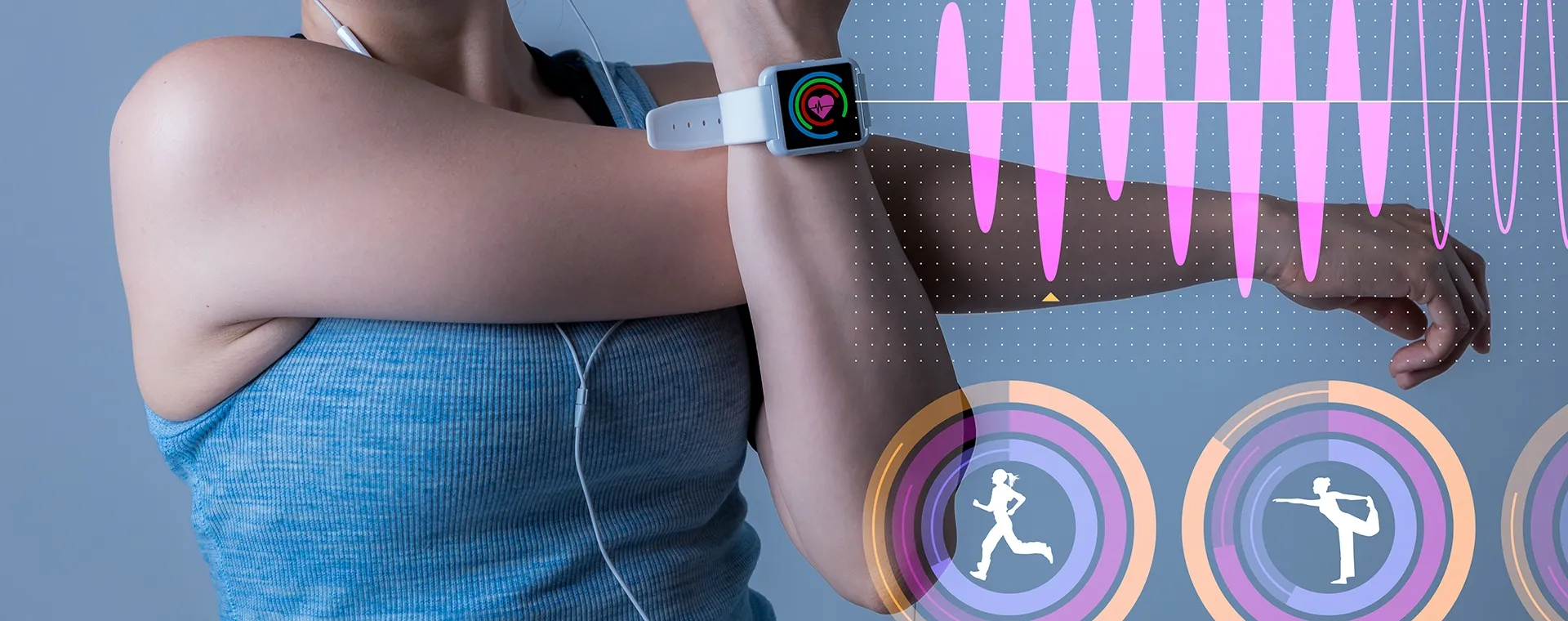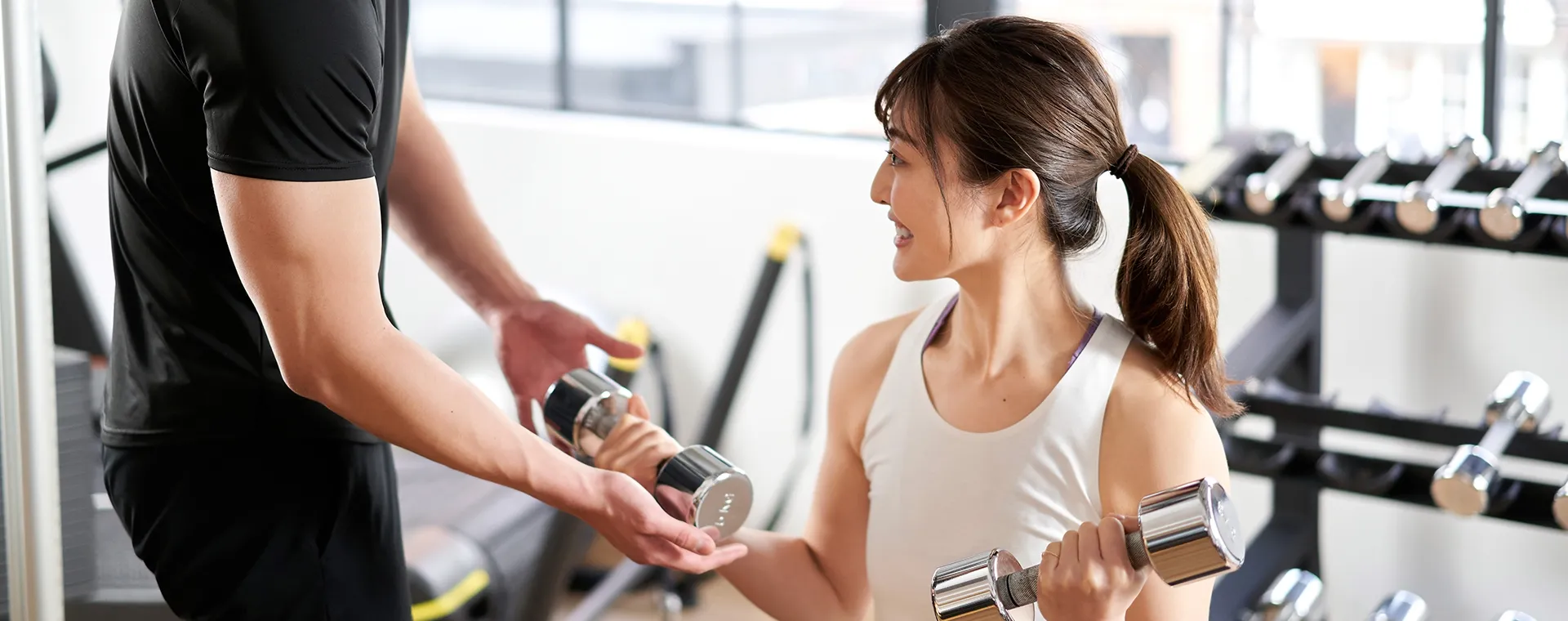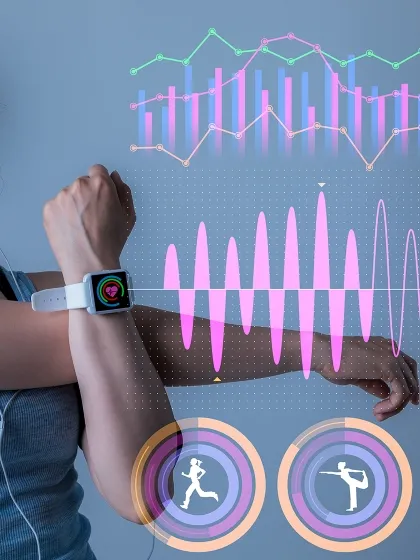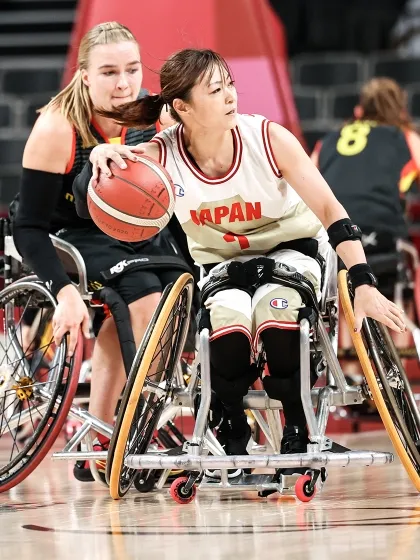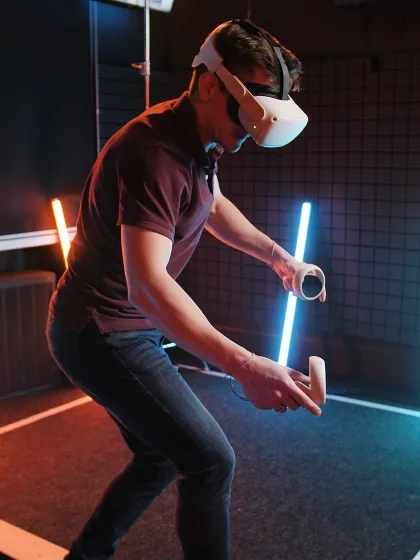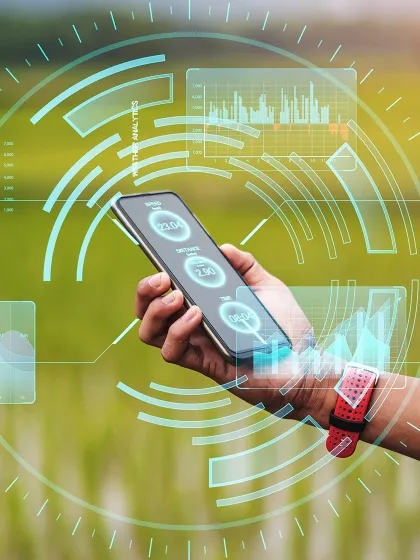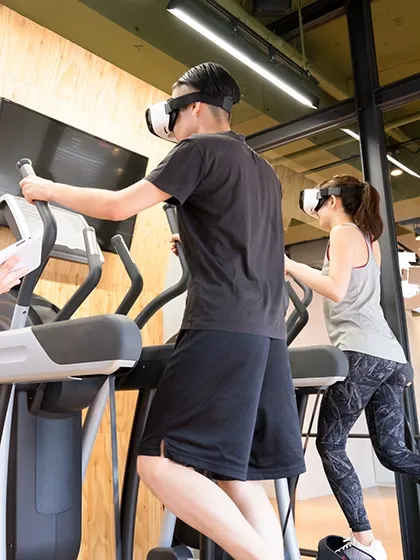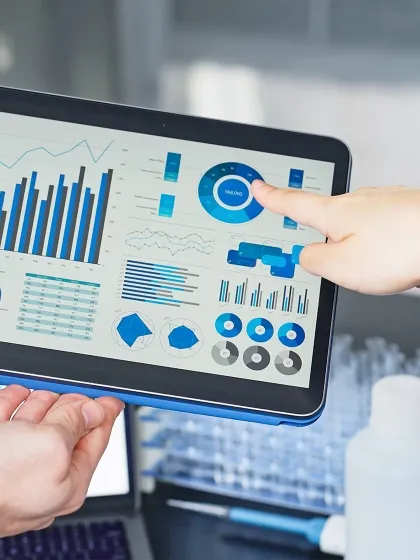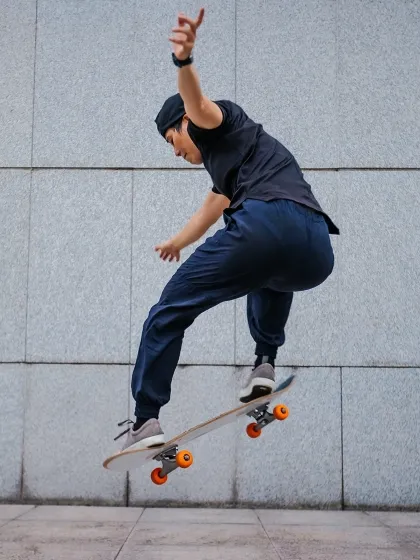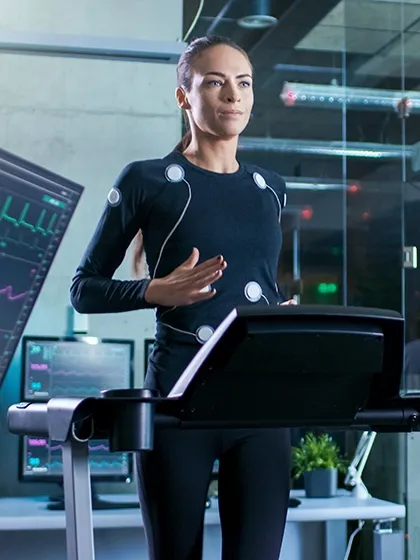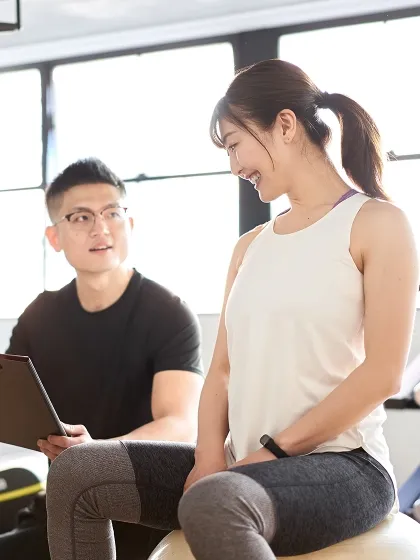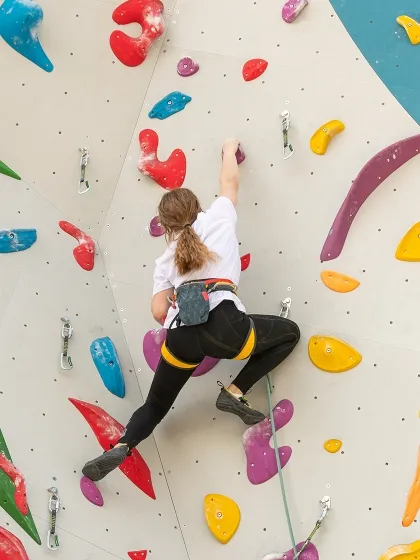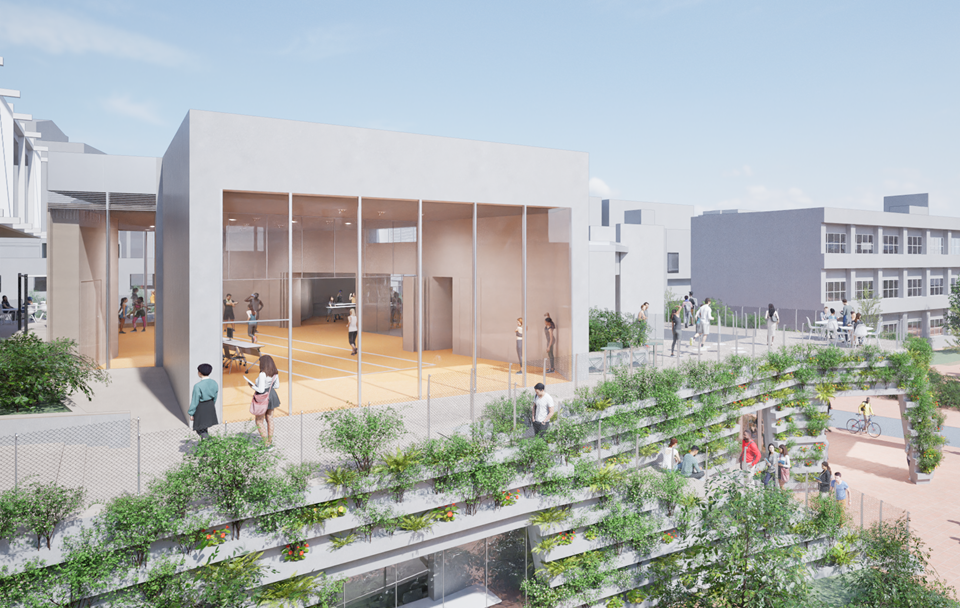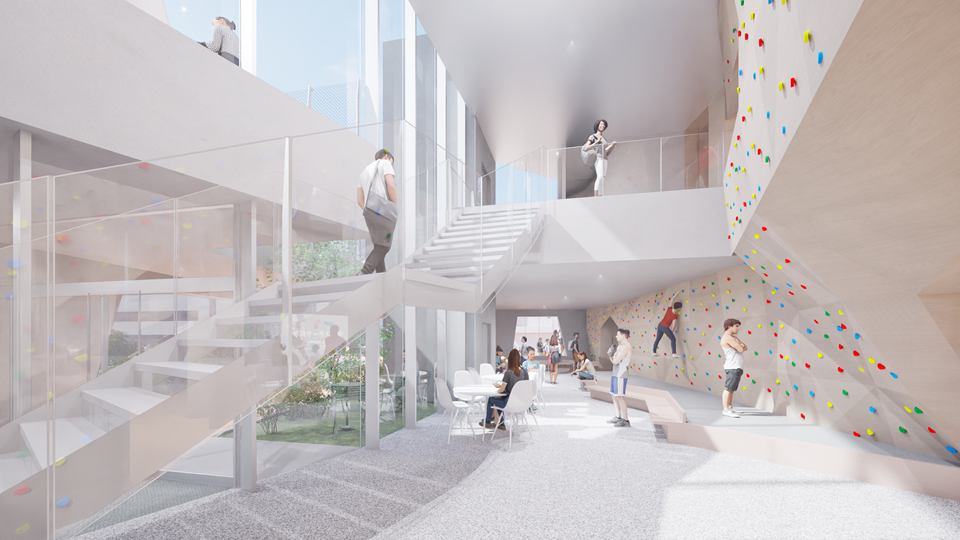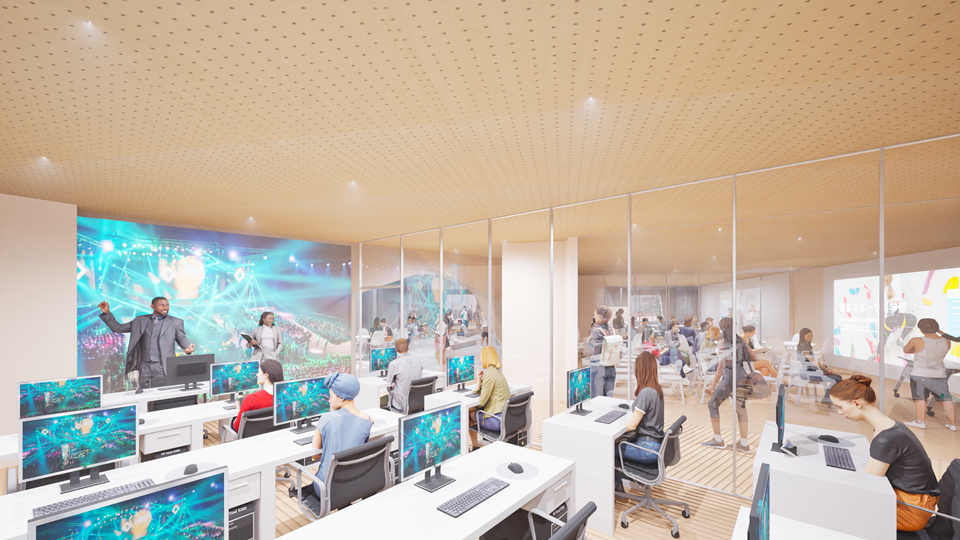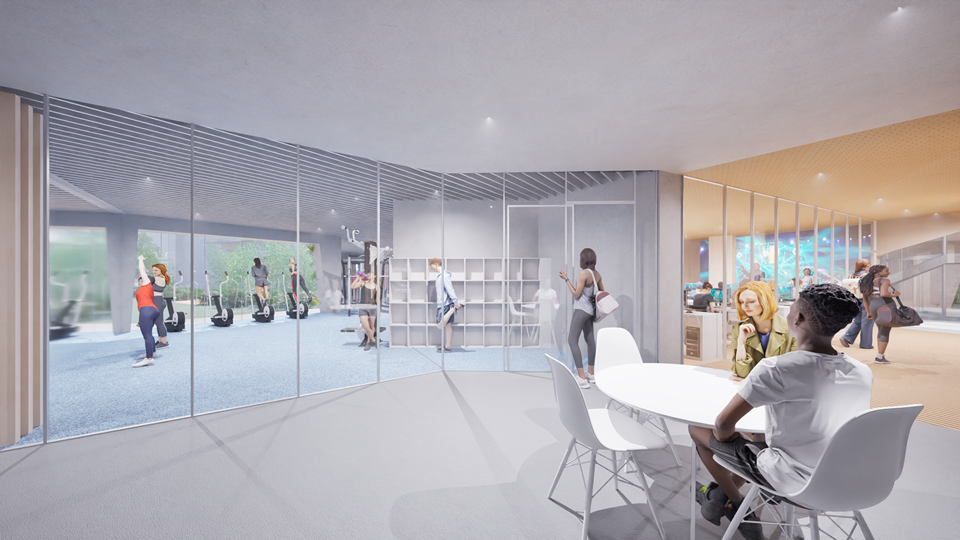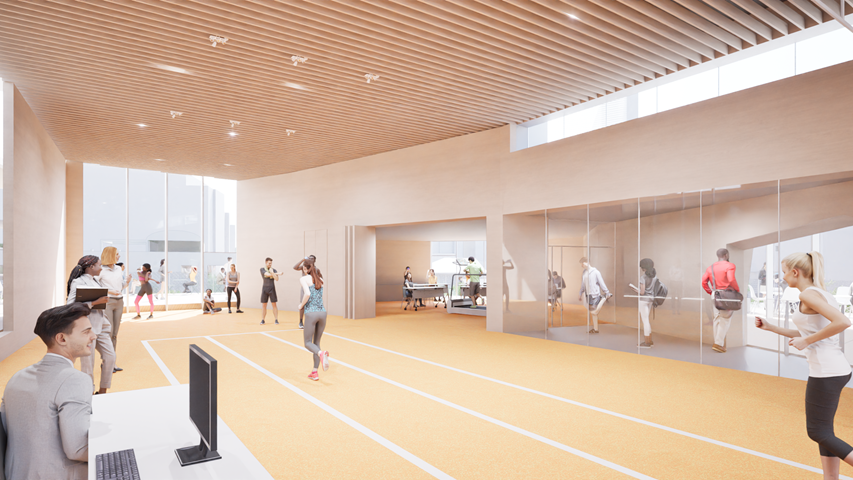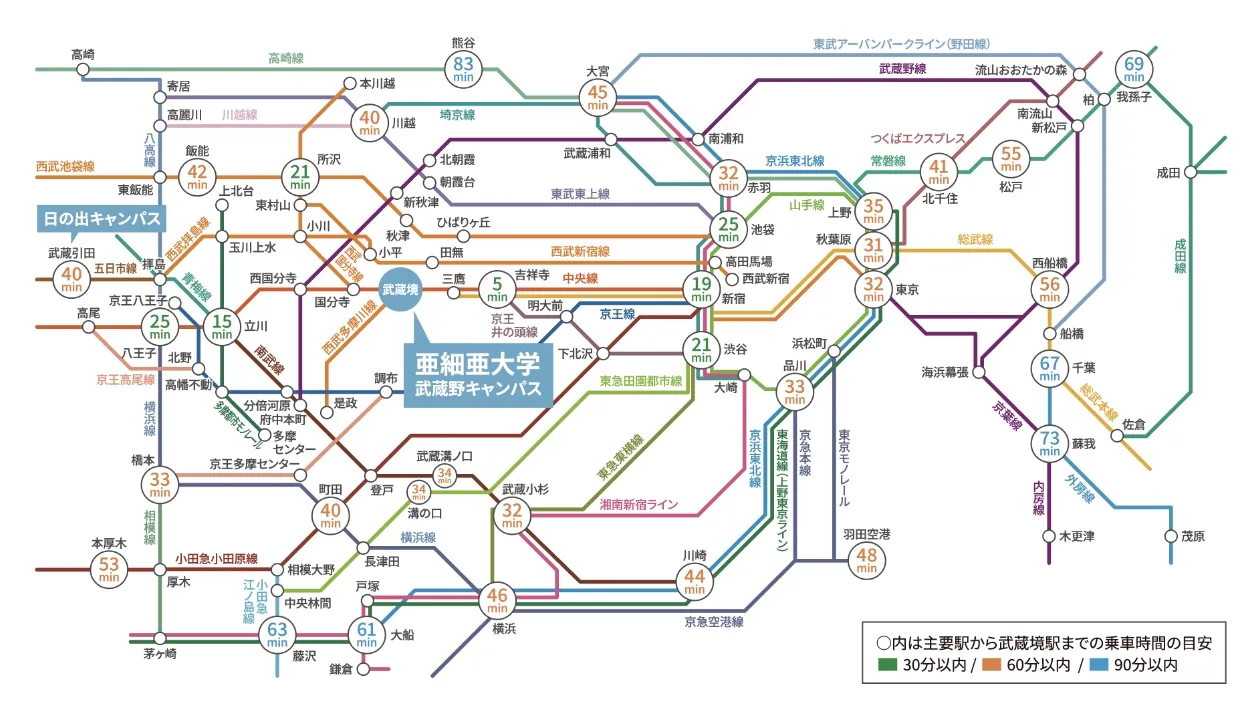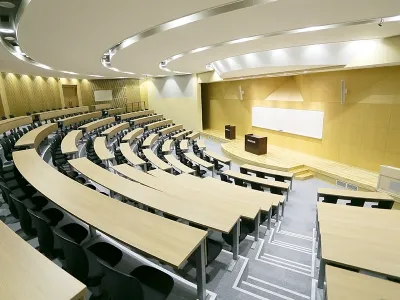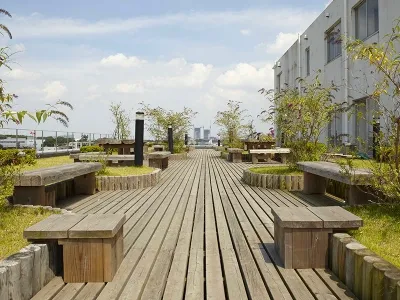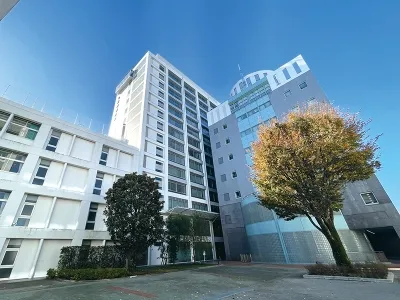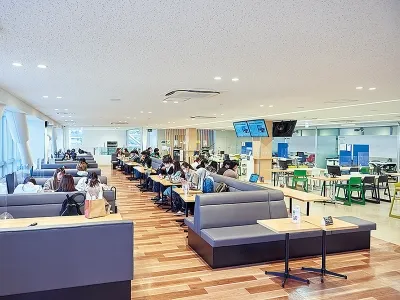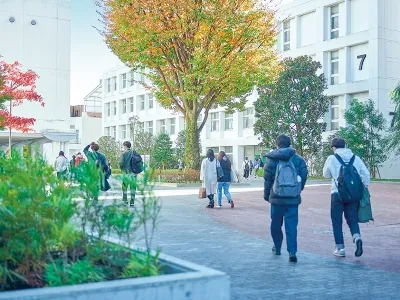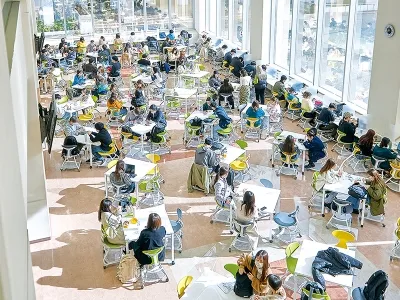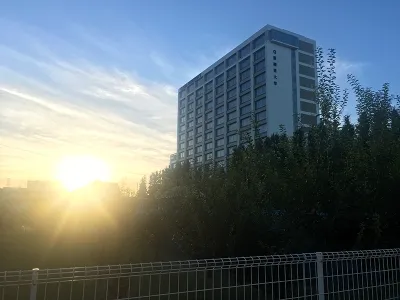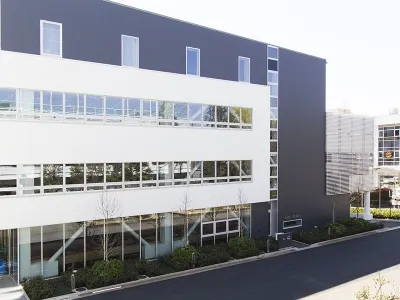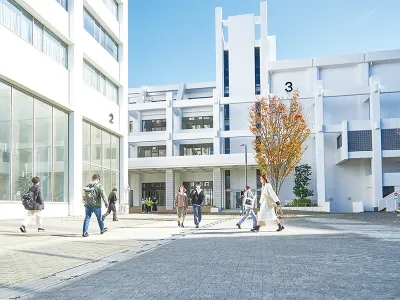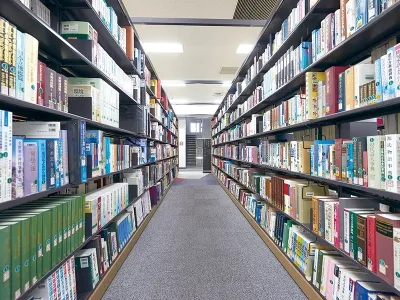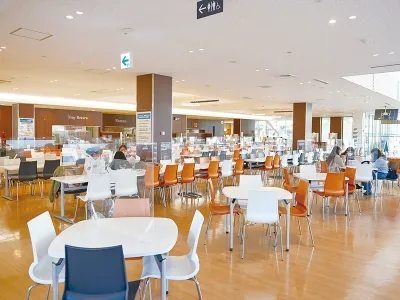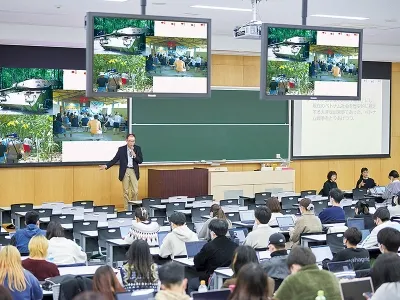- Asia University
- Faculty
- Faculty of Health and Sports Sciences
- School of Health and Sports Science TOP
School of Health and Sports Science TOP
PAGE SECTIONS
Faculty of Health and Sports Sciences
Department of Health and Sports Science
Opening in April 2026
Opening in April 2026
"Faculty of Health and Sports Sciences" introduction video
"Laboratory Work Practicum Building" 3DCG video
 Sports will solve the future
Sports will solve the future
Sports will solve the future
Sports x DX = Well-being Society
Let's create a future where sports solve social issues
*DX: an abbreviation for digital transformation. The use of digital technology to bring about change and create a better society and lifestyle.
Faculty of Health and Sports Science, Department of Health and Sports Science
Degree: Bachelor of Arts (Health and Sports Science)Enrollment capacity: 100 (accommodation capacity: 400)
Entrance fee and tuition: 1,386,000 yen (including entrance fee)
 You can only learn Asia University!
You can only learn Asia University!
You can only learn Asia University!
Characteristics of the Faculty of Health and Sports Sciences
Feature 1
Learn health and sports science and information engineering
There is limitless learning that can be achieved through sports x DX. Students will analyze people's movements, matches, and health behaviors from data, and gain practical knowledge on scientific knowledge that leads to improved performance, effective sports coaching methods, and exercise prescriptions. Students will also acquire practical management skills to revitalize the sports industry and sports promotion, which will lead to a career as a talent who can utilize digital technology.
Health and Sports Science Subjects + Information Engineering Subjects
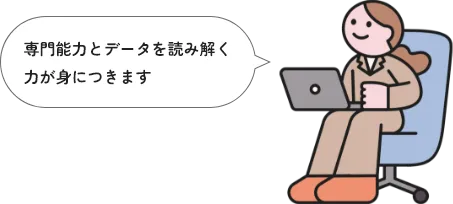
Sports Performance
Data on competitive ability and leadership
Use it to improve
Use it to improve
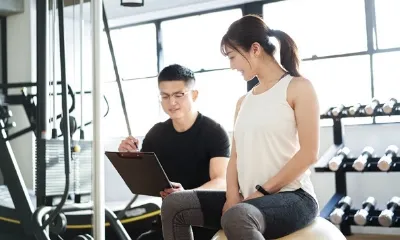
Students will acquire a wide range of knowledge, including physiology, motion analysis, mental training, and coaching. They will also acquire the ability to analyze biometric information, perform tactical analysis, and use data to improve performance and provide appropriate instruction.
Main Subjects
- Sports video analysis Seminar
- Sports Analytics
- Coaching with Sports Data
Health Promotion
Individual and community
Explore health issues
Explore health issues

Students will learn about nutrition, sports medicine, public health, exercise prescription, etc. They will consider various issues in medical care and disease prevention, such as promoting people's health and improving their quality of life, and acquire the ability to live healthy lives through sports.
Main Subjects
- Sports Nutrition
- Sports Medicine
- Public Health
Sports Career Design Area
Supporting the local community through sports
Contributing to revitalization
Contributing to revitalization
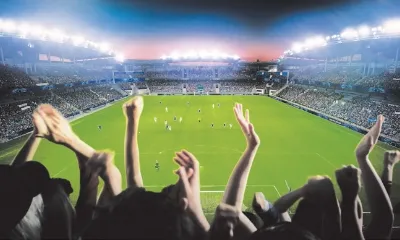
Students will learn about the sports industry, sports business, and sports policy, and hone their management skills through practical fieldwork. They will also pay attention to new sports-related businesses and sports promotion expected to emerge from digital transformation, and acquire the skills to enrich sports lives and liven up the sports scene.
Main Subjects
- Sports management theory
- sports policy theory
- Sports Career Seminar
Information Engineering
A curriculum that allows students to learn systematically from the basics
Students will thoroughly learn the fundamentals of mathematics, programming, and data science. They will also take numerous Lecture and Seminar that connect health sports with digital technology. They will acquire data measurement and collection skills using specialized equipment such as wearable devices, electromyography, and motion capture systems, and will further develop practical analytical skills by analyzing data with a variety of tools. They will also work on designing sports environments and supporting coaching using AI and VR, enhancing their ability to adapt to the digital age.
Main Subjects
- Sports Information Processing
- programming basics
- Application development Seminar
- Sports Technology
- Introduction to VR
- Introduction to AI
- Introduction to Operations Research
- Machine Learning Seminar

Pick-up Classes
Biological information and conditioning
By scientifically analyzing athletes' biometric information (heart rate, exercise intensity, distance traveled, etc.) and linking it to the athletes' senses, students learn the importance of conditioning that takes into account the characteristics of the sport and the individual physical features of each athlete.
Feature 2
Through experiential learning in collaboration with companies and local communities
Improve your practical skills
Improve your practical skills
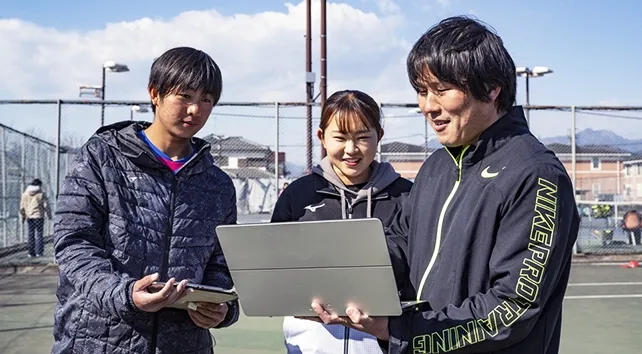
Collaboration with companies and educational institutions
With companies and educational institutions
Improve your practical skills through collaborative learning
Improve your practical skills through collaborative learning
Students will acquire the ability to solve problems in collaboration with others and practical skills for success after graduation. We offer a wide range of active learning opportunities, including corporate collaboration classes, four-year Seminar, Laboratory Work, Practicum Seminar, and internships.
Partners
Companies: Tokyu Sports System Co., Ltd., etc.
Educational institution: Tokyo City University
Partners
Companies: Tokyu Sports System Co., Ltd., etc.
Educational institution: Tokyo City University
Main Subjects
- Health and Sports Internship
- Sports Career Seminar
Revitalization of local communities
Local communities
Becoming a talent that will liven up sports
Becoming a talent that will liven up sports
We plan to provide health education programs in collaboration with the local community. We will hone the knowledge and skills to approach club activities in schools, health promotion for local residents, promotion of local sports, and the spread of sports for people with disabilities, and develop human resources who can contribute to community development through sports.
Partners
Municipalities: Musashino City, Higashikurume City, Hinode Town, etc.
Partners
Municipalities: Musashino City, Higashikurume City, Hinode Town, etc.
Main Subjects
- Health and sports volunteer activities
- Sports and urban development
Feature 3
[Unique experience-based practical subjects]
Experience alternative sports
Experience alternative sports
In order to ensure that sports become more widely recognized in society in the future, students will learn three new sports (e-sports, AR sports, and sport climbing) and three universal sports that anyone can participate in (boccia, blind football, and wheelchair sports) as experiential practical subjects.
Feature 4
[Pre-enrollment education and supplementary education]
A comprehensive support system to support university learning
A comprehensive support system to support university learning
We provide pre-enrollment education to all prospective students. By using AI to teach the basics of mathematics, physics, and information science online, even those who are unsure about science subjects can acquire the basic academic skills necessary for university studies. After enrollment, we assess students' level of understanding through confirmation tests, provide ongoing support for their studies, and provide supplementary education with specialized teaching staff to support their studies so that they can approach classes with confidence for the four years.
Laboratory Work Practicum building to be built in 2027!
Use of facilities unique to Asia Sports
You can deepen your learning by using the facilities and equipment unique to our university, which has a strong sports culture, including baseball and track and field.
We are currently planning to build a new school building equipped with Laboratory Work and training rooms at the Musashino Campus! It will be available for use by the first batch of students when they enter their second year.
*This is a planned schedule and may be subject to change.
We are currently planning to build a new school building equipped with Laboratory Work and training rooms at the Musashino Campus! It will be available for use by the first batch of students when they enter their second year.
*This is a planned schedule and may be subject to change.
 Possible career options and qualifications
Possible career options and qualifications
Possible career options and qualifications
Possible career options and qualifications
Through four years of study, you can acquire a variety of licenses and qualifications.
We provide individual support throughout the four years.
We provide individual support throughout the four years.
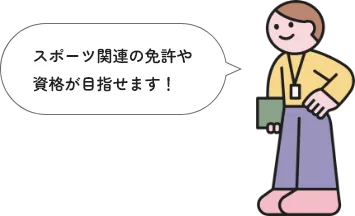
Examples of licenses and qualifications that can be acquired (including eligibility to take exams)
- Junior and senior high school (type 1) teaching license (health and physical education) *pending application
- Certified sports instructor (Japan Sports Association)
- Certified Parasports Instructor (Japan Parasports Association)
- Health and Exercise Instructor (Health and Physical Fitness Foundation) *Eligibility requirements
- Group Exercise Fitness Instructor (Japan Fitness Association)
Career/Employment
- Junior and senior high school (type 1) teaching license (health and physical education) *pending application
- Certified sports instructor (Japan Sports Association)
- Certified Parasports Instructor (Japan Parasports Association)
- Health and Exercise Instructor (Health and Physical Fitness Foundation) *Eligibility requirements
- Group Exercise Fitness Instructor (Japan Fitness Association)
Career/Employment
Possible career options
- Health and sports related company (Sales, General Affairs, Analyst, research position)
- General Business
- Junior and senior high school teachers (health and physical education)
- Civil servant (Sports Promotion, Health Promotion Division, etc.)
- Sports instructor
- Graduate Graduate School
- Health and sports related company (Sales, General Affairs, Analyst, research position)
- General Business
- Junior and senior high school teachers (health and physical education)
- Civil servant (Sports Promotion, Health Promotion Division, etc.)
- Sports instructor
- Graduate Graduate School
 The ideal talent we aim to cultivate and our three policies
The ideal talent we aim to cultivate and our three policies
The ideal talent we aim to cultivate and our three policies
The ideal talent we aim to cultivate and our three policies
The type of talent we aim to cultivate
The ideal person that this faculty aims to cultivate is "a person who has a broad education, understands diverse values, is willing to cooperate with others, and has developed the habit of continuing to learn throughout his or her life. Based on the knowledge and skills gained through the study of health and sports science and information engineering, we will cultivate people who can contribute to the realization of health for people and the development of a well-being society through sports."open all
- Educational Goals and Diploma Policy
-
Students who have completed the courses prescribed in the curriculum of this faculty and have acquired the following abilities, fulfilling Requirement for Graduation set forth in the curriculum, will be certified as having graduated and a degree awarded.
1. To acquire specialized knowledge and skills in health and sports science, and to be able to think flexibly and make judgments about various phenomena in this field based on that knowledge.
2. Students will acquire specialized knowledge and skills in information engineering while linking them to their studies in health and sports science, and will be able to utilize these to contribute to solving social issues.
3. To understand the diversity of society, acquire a broad range of knowledge, and be able to actively contribute to the development of society while cooperating with others.
4. You can set goals, shape your career, and maintain a lifelong learning attitude.
- Curriculum Policy
-
The Faculty will systematically organize and implement the following curriculum in order to train individuals who can acquire the knowledge, skills, and attitudes outlined in the Diploma Policy and contribute to the realization of people's health and the development of a well-being society.
<Educational content>
1. To enable students to study health and sports science in a systematic and methodical manner, the basics of health and sports science will be offered as core Subject (Required Subject) in the early years, and a variety of applied and practical courses will be divided into two areas, "sports performance" and "health promotion," and offered mainly from the second year onwards. There will be no Required Subject in each of the two areas, but a required number of Credit will be set for both areas in total to ensure learning outcomes.
2. To enable students to study information engineering systematically and methodically, we will provide core Subject (Required Subject) that will serve as the foundations of information engineering. These foundational courses will be offered in the lower years, while applied courses and specialized courses that link information engineering with health and sports science will be offered as elective Required Subject from the third year onwards.
3. We will establish "Subject Open to All students" to broaden students' perspectives and deepen their education. Among these, subjects that help students understand social diversity and learn about different perspectives and values will be designated as elective Required Subject.
4. To provide students with opportunities to put the knowledge they have acquired in both the fields of health and sports science and information engineering into practice in society, the "Specialized Career Subjects" (required Required Subject) will include experiential learning such as internships and volunteer activities, as well as practical training in alternative sports (universal sports and new sports) that anyone can enjoy at any time and for all time, allowing them to gain experience in working on problems in collaboration with others. In addition, by placing sports management-related subjects in the "Sports Career Design" area, students will be provided with opportunities to learn about the position of sports in diverse social and business contexts.
<Education method>
1. In order to enable students to acquire knowledge and skills and to hone and improve their thinking, judgment, and expression abilities, we will provide a variety of lesson formats, Lecture, Seminar, Laboratory Work, Practicum, and practical skills.
2. In order to encourage students to learn independently, we will offer a variety of specialized Seminar courses and incorporate interactive education in small groups.
3. Seminars will be Required Subject from the first to fourth year, providing opportunities for students to work with others to solve problems and encouraging active learning.
4. In order to acquire expertise in each specialized field, students will work on a graduation research and thesis as the culmination of their four years of study, providing an opportunity to learn the entire process from problem setting to verification.
- Admission Policy
-
In order to cultivate individuals with the knowledge, skills, and attitudes described in the Diploma Policy, the Faculty expects the following types of people to enroll. To this end, we implement a variety of selection methods and conduct multifaceted, comprehensive evaluations.
1. Possess basic knowledge and skills acquired through high school curriculum to be able to understand the educational content of health and sports science and information engineering.
2. Students have the ability to think, judge, and express themselves independently about the social phenomena that surround them, and are motivated to contribute to society by actively collaborating with people who have diverse values.
3. Have the desire to contribute to the realization of people's health and the development of a well-being society through research and practice in health and sports science and information engineering.
4. Have the attitude and motivation to use what you learn at the Faculty of Health and Sports Sciences to grow and develop your career.
 campus
campus
campus
Almost in the center of Tokyo.
Easy access!
Easy access!
Students will study on one campus for four years until graduation.
It is located almost in the center of Tokyo, which is long from east to west.
It is also well connected by public transport.
There are many lines running both east-west and north-south,
Also accessible from major stations around Tokyo
The journey takes about one to one and a half hours.
It is located almost in the center of Tokyo, which is long from east to west.
It is also well connected by public transport.
There are many lines running both east-west and north-south,
Also accessible from major stations around Tokyo
The journey takes about one to one and a half hours.
